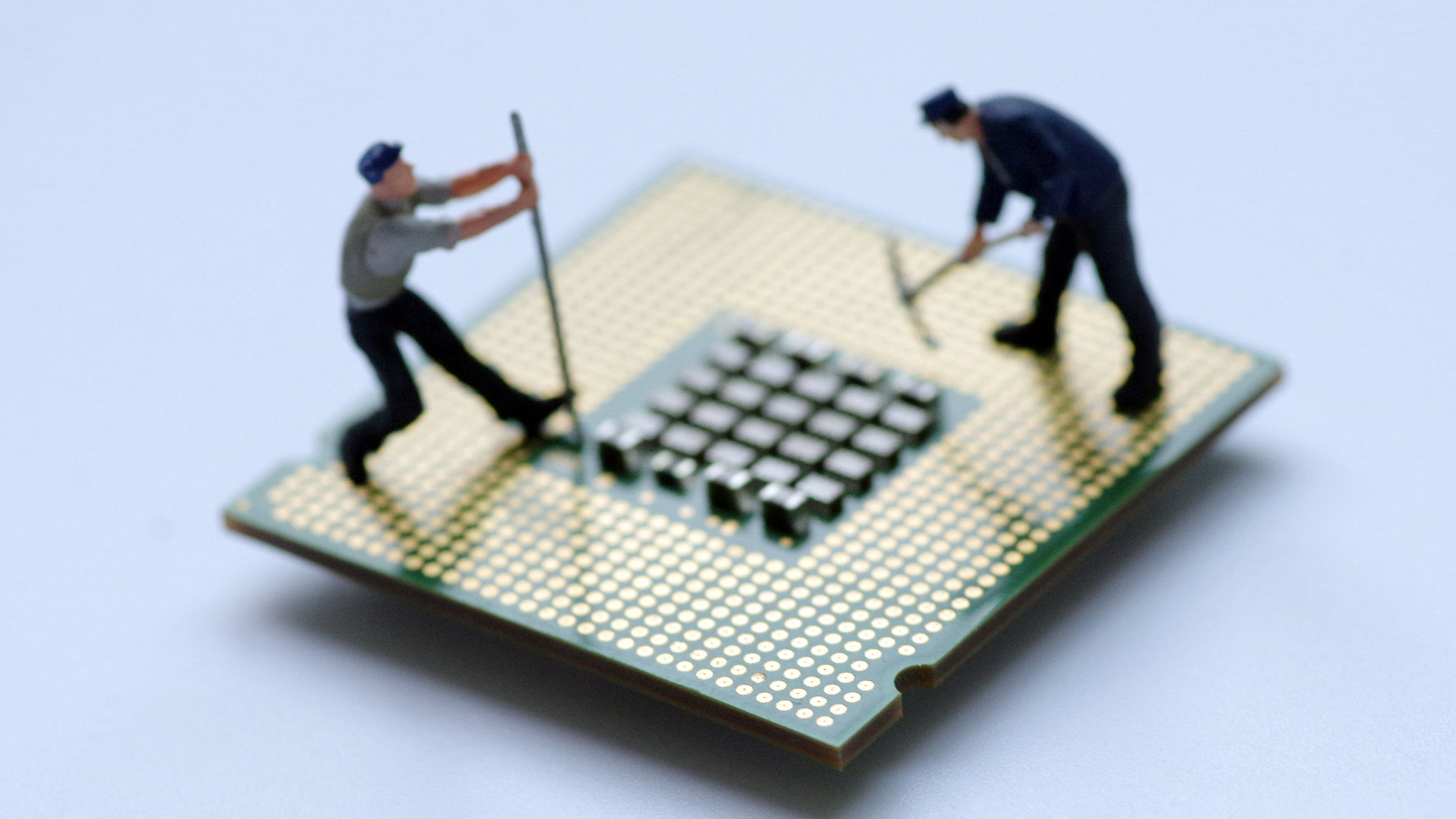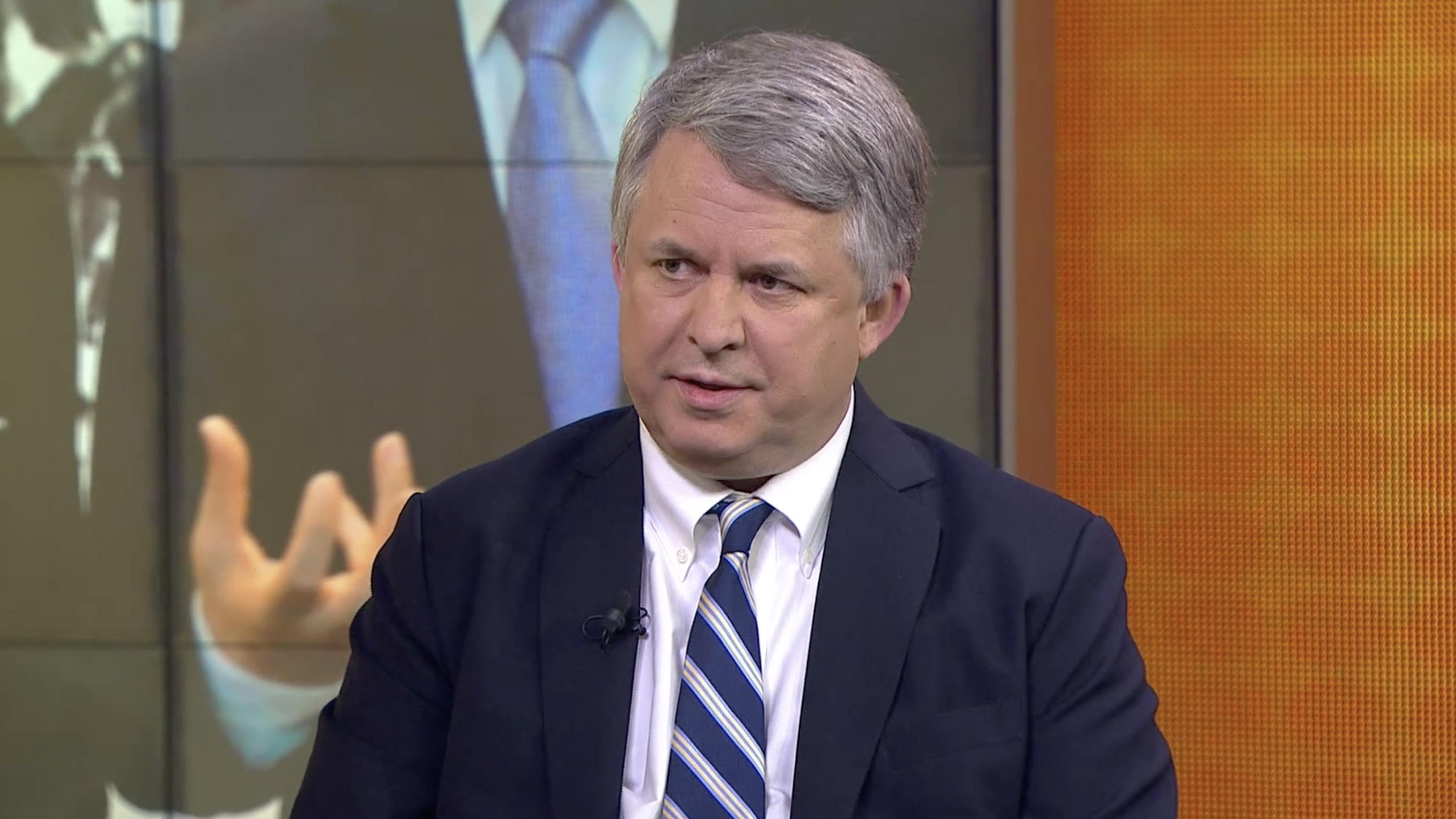
Opinions
15:29, 06-Jun-2018
The Heat: Is the US overly worried about national security threats from technology transfers?
CGTN's The Heat

The US Commerce Secretary Wilbur Ross, along with a team of high-level officials, had another around of China-US talks in Beijing with Chinese Vice Premier Liu He.
The talk was held shortly after US President Donald Trump announced a possible 25-percent tariff on over 1,300 Chinese goods that are worth 50 billion US dollars. Many of them are high-tech products, such as those in robotics and aerospace, and others, such as medical equipment.
China offered to buy 70 billion US dollars of US's agricultural and energy products if the latter would nullify the threat of imposing tariffs, which would otherwise be in effect after June 15. There is so far no further announcement saying if the US would do so.
Experts told CGTN that they saw this practice as Trump’s typical deal-making logic. They agreed that Trump is focusing more on acquiring short-term achievements that can be measured in numbers. They also believe that Trump is showing his supporters, both voters and within the party, that he has actually got something done.
Regarding the highly disputed US’s tariffs targeted at high-tech exports to China, Jeff Moon, former assistant US Trade Representative for China, said that the US has the right to do so because China can do the same on grounds of national security.
Moon said that, for example, no American companies in China would be able to participate in cloud computing while Chinese companies are offering cloud computing in the US.
01:15

The assistant research fellow at the Chinese Academy of Sciences focuses on Sino-US relations, Zhao Hai, argued that there are fundamental differences between these two. He opined that China’s actions are defensive, only being carried out after cyberspace intelligence gathering by the United States was detected.
The United States “is actually violating the WTO (World Trade Organization) regulations and it’s imposing tariffs against not only China but also European countries, Canada and Mexico,” he said. “So I think in that respect, the United States is using national security excuse to really wreak havoc on the international trade system.”
Zhao added that if the US truly wants to reduce the trade deficit, which is regarded as a big concern for Trump’s domestic supporters, it should instead expand exports of largely profitable technologies to China. He said many of the technology products are of dual use, not for military buildup, which America is worried about.
“There really can be a solution to this problem, but right now… because of domestic reasons and because of Trump’s really irrational thinking on the trade, his poor understanding of the global trade system, now we have a huge problem at our hands,” Zhao told CGTN.
Another panelist, Nathan King, CGTN’s White House correspondent, also argued that America shouldn’t take the case of ZTE, one of China’s leading telecommunications equipment and systems manufacturers punished by America for selling products to Iran and the Democratic People's Republic of Korea (DPRK), as the reflection of a bigger national security problem of China misusing America’s advanced technologies.
He said that right now, ZTE has acknowledged its breach of agreement to not sell core US technological secrets to banned countries like Iran and the DPRK and is willing to pay the fines.
What’s more, the fact that ZTE almost faced a shutdown after the US sanction “also shows China’s reliance on US components and technology. So actually what is done, this whole thing is actually it’s redoubling the idea of sort of national champions in China,” King said, “because if one of your largest communications companies can be shut down… by some arbitrary decision of some obscure part of the Commerce Department, why don’t we have our own national champions of semiconductors, our software.”
“So it’s actually having the reverse effect,” he said.
The Heat with Anand Naidoo is a 30-minute political talk show on CGTN. It airs weekdays at 7:00 a.m. BJT and 7:00 p.m. Eastern in the United States.

SITEMAP
Copyright © 2018 CGTN. Beijing ICP prepared NO.16065310-3
Copyright © 2018 CGTN. Beijing ICP prepared NO.16065310-3